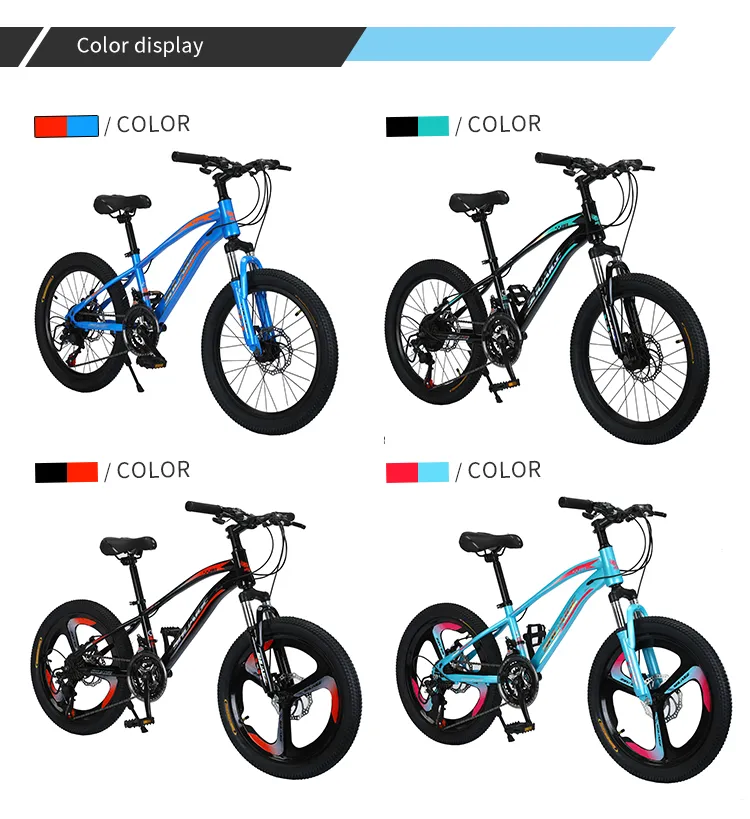
-
 Afrikaans
Afrikaans -
 Arabic
Arabic -
 Belarusian
Belarusian -
 Bengali
Bengali -
 Bulgarian
Bulgarian -
 Croatian
Croatian -
 Czech
Czech -
 Danish
Danish -
 Dutch
Dutch -
 English
English -
 Finnish
Finnish -
 French
French -
 German
German -
 Greek
Greek -
 hawaiian
hawaiian -
 Hebrew
Hebrew -
 Hindi
Hindi -
 Hungarian
Hungarian -
 Indonesian
Indonesian -
 irish
irish -
 Italian
Italian -
 Japanese
Japanese -
 Javanese
Javanese -
 kazakh
kazakh -
 Khmer
Khmer -
 Korean
Korean -
 Kyrgyz
Kyrgyz -
 Lao
Lao -
 Latin
Latin -
 Luxembourgish
Luxembourgish -
 Malay
Malay -
 Myanmar
Myanmar -
 Norwegian
Norwegian -
 Persian
Persian -
 Polish
Polish -
 Portuguese
Portuguese -
 Romanian
Romanian -
 Russian
Russian -
 Serbian
Serbian -
 Slovak
Slovak -
 Somali
Somali -
 Spanish
Spanish -
 Swedish
Swedish -
 Tagalog
Tagalog -
 Thai
Thai -
 Turkish
Turkish -
 Turkmen
Turkmen -
 Ukrainian
Ukrainian -
 Uighur
Uighur -
 Vietnamese
Vietnamese
ພ.ຈ. . 20, 2024 15:49 Back to list
how to pick a mountain bike
How to Pick a Mountain Bike A Comprehensive Guide
Choosing the right mountain bike can be a daunting task, especially for those who are new to the sport or those looking to upgrade their gear. With so many options available on the market today, it’s essential to approach this decision with knowledge and a clear understanding of your needs. In this guide, we’ll walk you through the critical factors to consider when picking a mountain bike that suits your style and requirements.
1. Determine Your Riding Style
Before diving into specific bike models, it's crucial to understand the type of riding you plan to do. Mountain biking can be broadly categorized into several styles
- Cross-Country (XC) Focuses on speed and efficiency, often involving long distances on varied terrain. XC bikes are typically lighter and built for climbing. - Trail Riding A versatile option that balances climbing ability and downhill performance, making it suitable for a variety of trails.
- Enduro Designed for downhill performance while being able to climb, Enduro bikes are heavier and built for rough terrain.
- Downhill (DH) Built for steep descents and rough trails, these bikes are heavier and more robust, lacking the ability to climb efficiently.
Understanding your riding style will help narrow down your choices and ensure that you select a bike that meets your specific needs.
2. Choose the Right Frame Size
The frame size of the bike is one of the most critical factors for comfort and performance. A properly sized frame ensures better control and handling while riding. Frame sizes vary by brand and style, but they are usually classified as small, medium, large, or extra-large. To find the right size
- Stand Over When you straddle the bike, you should have a few inches of clearance above the top tube. - Reach and Saddle Height You should be able to reach the handlebars comfortably while maintaining a slight bend in your elbows when your hands are on the grips.
Most manufacturers provide sizing charts based on your height and inseam. It's always helpful to test ride different sizes to see what feels best for you.
3. Consider Wheel Size
Another significant aspect to think about is the wheel size. Mountain bikes generally come with three standard wheel sizes 26-inch, 27.5-inch, and 29-inch
how to pick a mountain bike

- 26-inch Wheels Offer better maneuverability and are lighter, making them ideal for technical trails
.- 27.5-inch Wheels A compromise between speed and agility, suitable for most trail and all-mountain riders.
- 29-inch Wheels Great for rolling over obstacles and maintaining speed, making them popular for cross-country and trail riding.
Select a wheel size based on your riding style and the terrain you plan to tackle.
4. Suspension Type
Mountain bikes come equipped with different types of suspension, which significantly affects performance
- Hardtail Bikes with front suspension only. They are generally lighter and more efficient for climbing and cross-country riding.
- Full Suspension Bikes with both front and rear suspension. They provide better control and comfort over rough terrain, ideal for technical trails and downhill rides.
Decide on the suspension type based on the trails you ride and your preference for comfort versus efficiency.
5. Budget Considerations
Mountain bikes can range from a few hundred to several thousand dollars. Set a budget based on your riding aspirations and frequency of use. Remember, spending a little more might ensure better durability and performance in the long run. Additionally, consider the costs of maintenance, accessories, and gear that you might need.
Conclusion
Selecting the right mountain bike involves careful consideration of your personal riding style, frame size, wheel size, suspension type, and budget. Take your time, test ride different models, and consult with knowledgeable staff at local bike shops. Ultimately, finding a bike that feels right for you will enhance your mountain biking experience and lead to many enjoyable rides on the trails ahead. Happy biking!
-
Premium 26" 21-Speed MTB with Mg Alloy Steel Frame OEM Bike
NewsAug.03,2025
-
Top Kids Bike with gpt-4-turbo AI for Safe Rides
NewsAug.02,2025
-
Premium Titanium Road Bike: Lightweight & Durable
NewsAug.01,2025
-
Red Black BMX Bike with GPT-4-Turbo AI Tech
NewsJul.31,2025
-
New Red Anti-theft E-Bike | Easy Ride City Commuter
NewsJul.31,2025
-
BMX 20 Inch Bikes for Freestyle & Street | Fat Tire Options Available
NewsJul.30,2025

